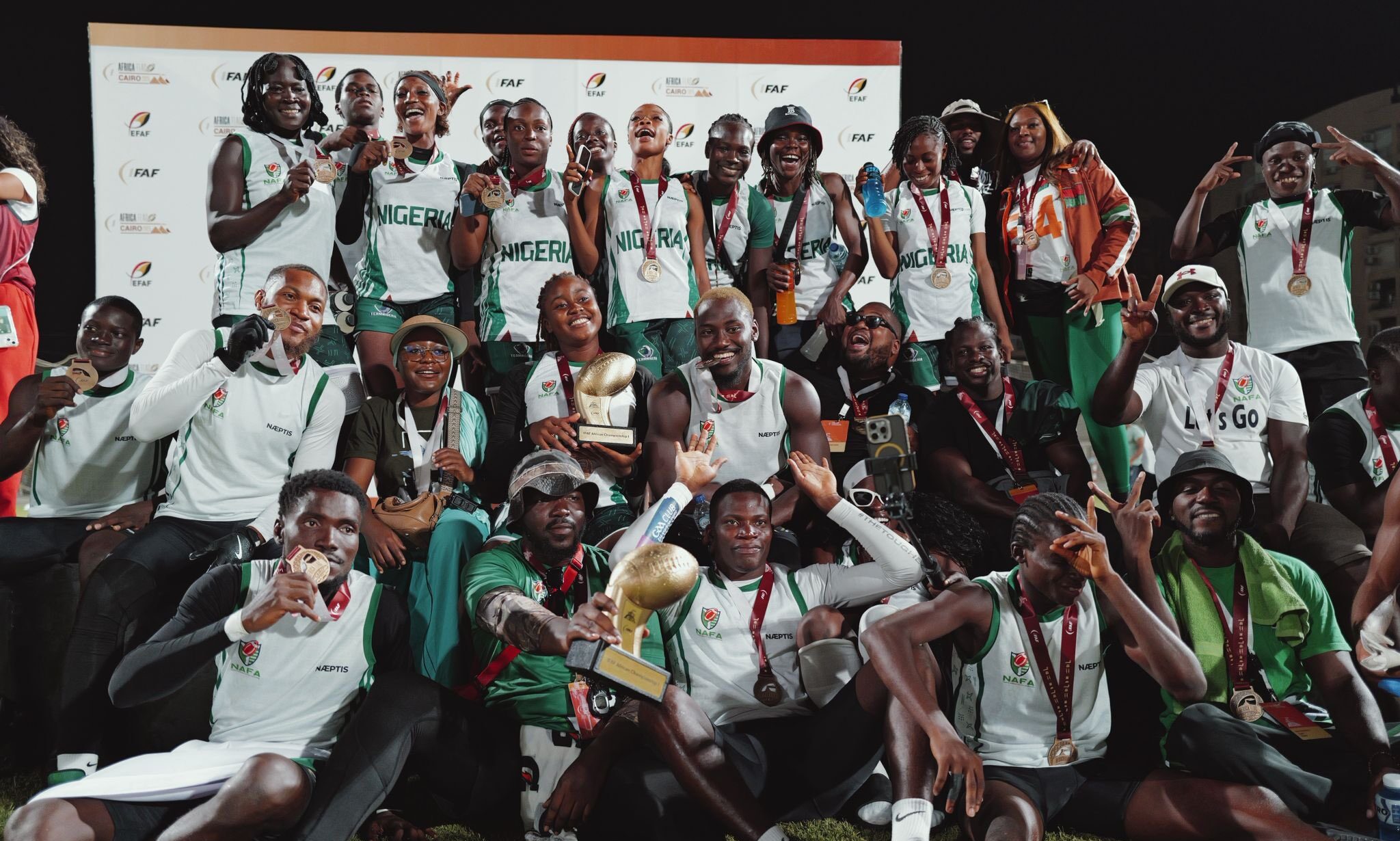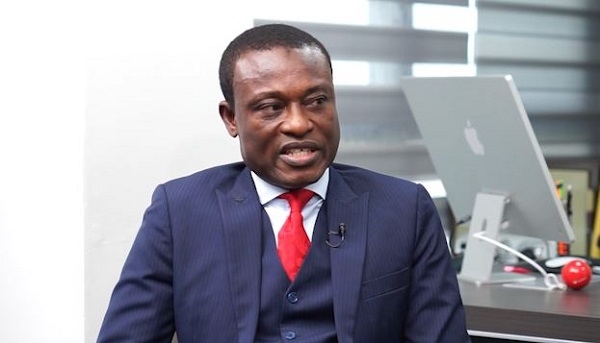Hydrography agency drives Tinubu's blue economy initiatives - CEO
Maritime

The Hydrographer of the Federation and Chief Executive Officer of National Hydrography Agency (NHA), Rear Admiral Ayo Olugbode, said the agency is dedicated to advancing the blue economy initiatives and maritime safety of the present administration through enhanced hydrographic data.
He said the agency is also ready to advance African Continental Free Trade Area (AfCFTA) goals through hydrographic initiatives that foster safe navigation, trade facilitation, and Africa’s maritime competitiveness.
Olugbode said this while speaking during the World Hydrography Day/West Africa Hydrographic Summit, themed: “Seabed Mapping – Enabling Ocean Action,” in Abuja, at the weekend.
The Nation reports that Nigeria has contributed 85,325 square kilometers to the global seabed mapping initiative for effective sea governance, and it’s targeting about 12 million USD as annual revenue from the 90 USD worth global market for Electronic Navigational Charts.
According to Olugbode, the World Hydrography Day celebration 2025/West Africa Hydrographic Summit was not just a celebration of surveys and charts, but a moment to reflect on the immense responsibilities to map, protect, and sustainably manage our vast maritime spaces for the benefit of future generations.
He said: “At the National Hydrographic Agency (NHA), we continue to lead this charge with a clear national mandate and a strong regional vision.
“In the last year alone, we have expanded our chart production capabilities, deepened our technical expertise, and strengthened our collaborative ties with the Nigerian Navy, academia, and the private sector.”
Olugbode emphasized that as hydrographic data becomes increasingly vital to maritime safety, transportation, and trade, the NHA is poised to contribute to a more interconnected and economically empowered West Africa.
“In particular, we have promoted unbroken bilateral and international engagements with other nations and international partners such as the International Centre for Electronic Navigational Charts (IC-ENC) and International Board on Standards and Competence for Hydrographic Surveyors and Nautical Cartographers (IBS),” he said.
He stressed that hydrography, while foundational to our Blue Economy and maritime awareness, extends far beyond traditional surveying and mapping, noting that it “informs coastal planning, marine conservation, fisheries management, and disaster risk reduction, making it a cornerstone of our collective ocean future – reliant on both technology and people.”
Olugbode said the World Hydrography Day celebration 2025 was a rallying point for cooperation among nations, coordination among institutions, and collaboration among sectors.
Cross River State Governor, Bassey Otu, said, in his remarks, that the recent Bakassi Deep Seaport Survey by the NHA would enhance national and regional trade.
Otu, who was represented his Deputy, Peter Odey, described the survey as a landmark initiative that underscored the importance of precise hydrographic data in driving infrastructure development and regional trade.
He said that hydrography was crucial for shaping the nation’s maritime future, ensuring safe navigation, managing marine resources, and protecting ecosystem.
According to him, as a coastal state, Cross River State recognises the value of accurate seabed mapping in unlocking the potential of our blue economy.
The Obong of Calabar, Ekpo Okon Abasi-Otu V, advocated more investment in ocean literacy for the youths and building of a blue economy that is inclusive, respectful and wise.
He said the Gulf of Guinea and Nigerian coastal waters are vibrant arches of commerce, culture, and identity.
According to him, the ocean was not just a distant concept but the cradle of civilisation, a gateway to knowledge, trade, diplomacy, and spiritual bonds for the African people.
“Recent hydrographic solutions will support the equilibrium and health of our ecosystems.”
The Director, International Hydrographic Organisation (IHO), Rear Admiral Luigi Sinapi, said the World Hydrography Day 2025 captured not only the essence of our culture, but also the extent of our culture.
He said the event emphasized that African countries are not only active participants in the global hydrography system but also have their own navigation agenda, which is crucial for “global social action, encompassing climate resilience, protection costs, offshore energy development, sustainable fisheries, and marine conservation.”












